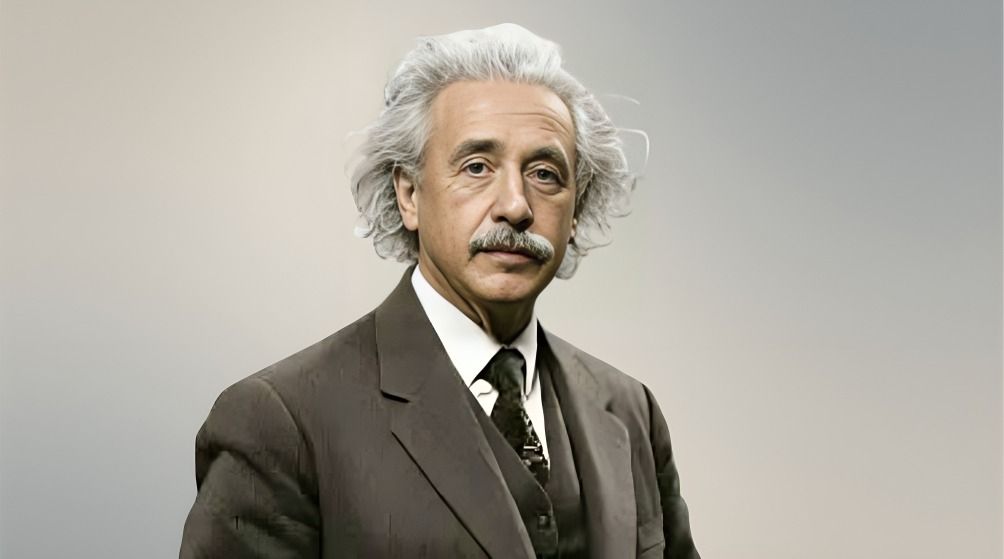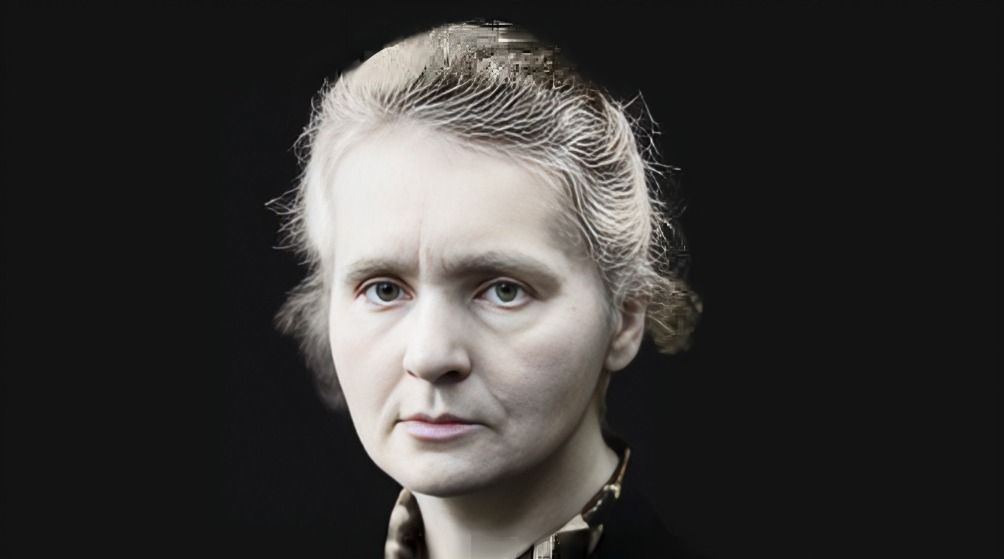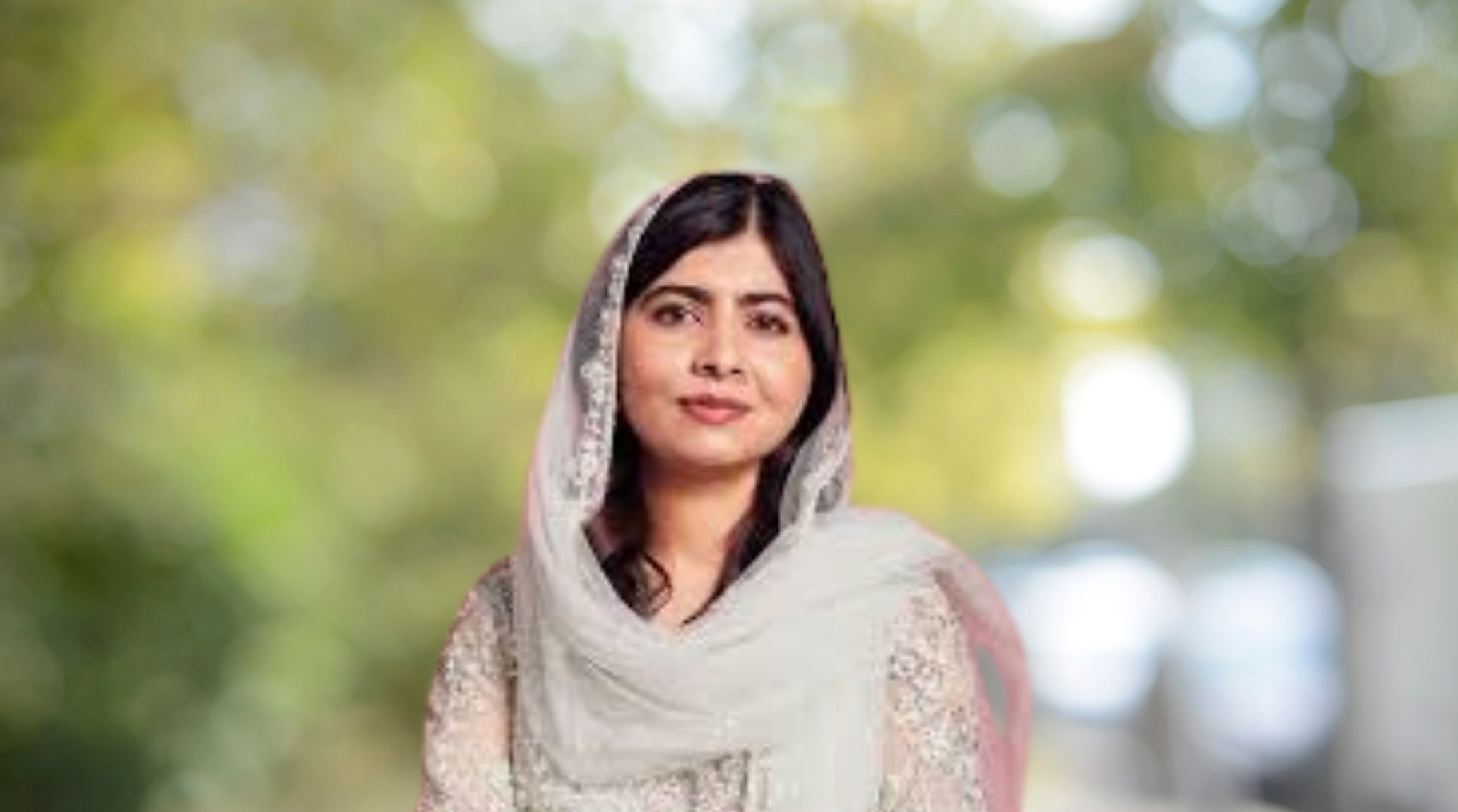
“
Malala Yousafzai, a symbol of resilience and courage, has become a global icon for education and women's rights. Surviving a life-threatening attack by the Taliban at just 15, she has continued to champion the cause of girls' education through her activism and the Malala Fund. As the youngest recipient of the Nobel Peace Prize, Malala’s journey from a small town in Pakistan to the global stage is nothing short of extraordinary. In this blog, we uncover 20 fascinating facts about Malala Yousafzai that highlight her incredible life, achievements, and enduring impact on the world. Get ready to be inspired!1
1
”
Malala made history in 2014 by becoming the youngest recipient of the Nobel Peace Prize at 17 years old, recognized for her global advocacy for children's education, particularly for girls. 1
She wrote Malala’s Magic Pencil, a book that encourages children to imagine a world where they can make a difference through education. It focuses on the power of dreams and activism. 2
After surviving an attack by the Taliban in 2012, Malala's voice became even stronger, continuing her campaign for girls’ education and human rights, despite the life-threatening assault she endured. 3
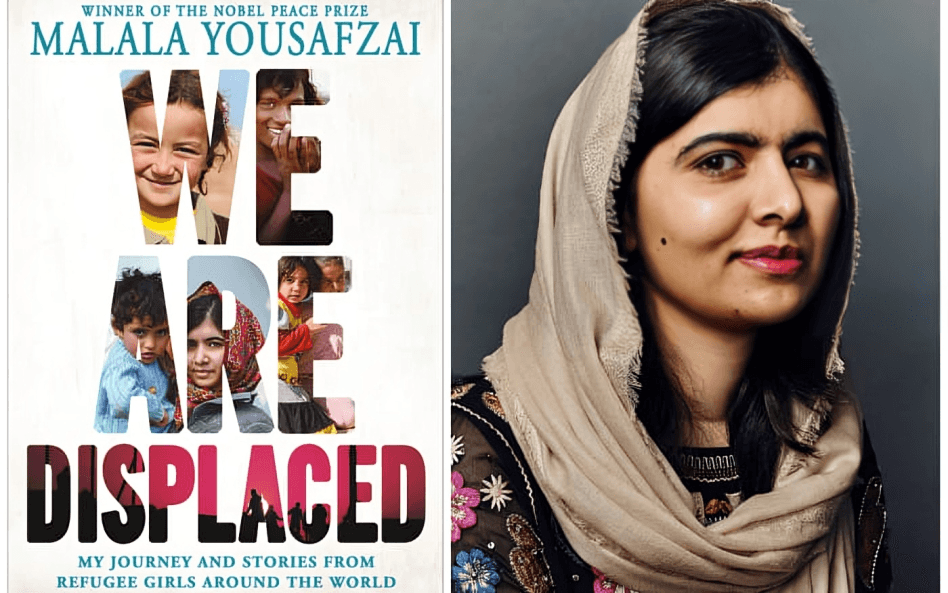
Malala has been an advocate for refugee girls, often displaced by war. In her book We Are Displaced, she shares the stories of young girls seeking refuge, urging the world to support their education.
In collaboration with others, Malala co-founded the Malala Fund, which supports girls’ education in regions where it’s limited, focusing on empowering young women through educational opportunities worldwide. 4
In 2017, she was named a UN Messenger of Peace, the youngest individual ever to hold this role, which allows her to champion education and women's rights on the global stage. 5
Malala’s efforts earned her a spot multiple times in Time magazine’s list of the 100 most influential people. Her work has resonated with millions of people worldwide, amplifying her influence on education. 6
In 2015, a documentary titled He Named Me Malala was released, offering an in-depth view of her journey from childhood in Pakistan to her rise as an international advocate for girls’ education. 7
Malala pursued her studies after the attack and graduated from the University of Oxford with a degree in Philosophy, Politics, and Economics, using her education to further advance her activism. 8
Malala was greatly influenced by her father, Ziauddin Yousafzai, an educator who fostered her passion for education. His support encouraged her to fight for the rights of girls in her community.9
Malala has tirelessly advocated not just for education but also for women’s rights. She champions the elimination of child marriage and strives for equal opportunities for women and girls globally. 10
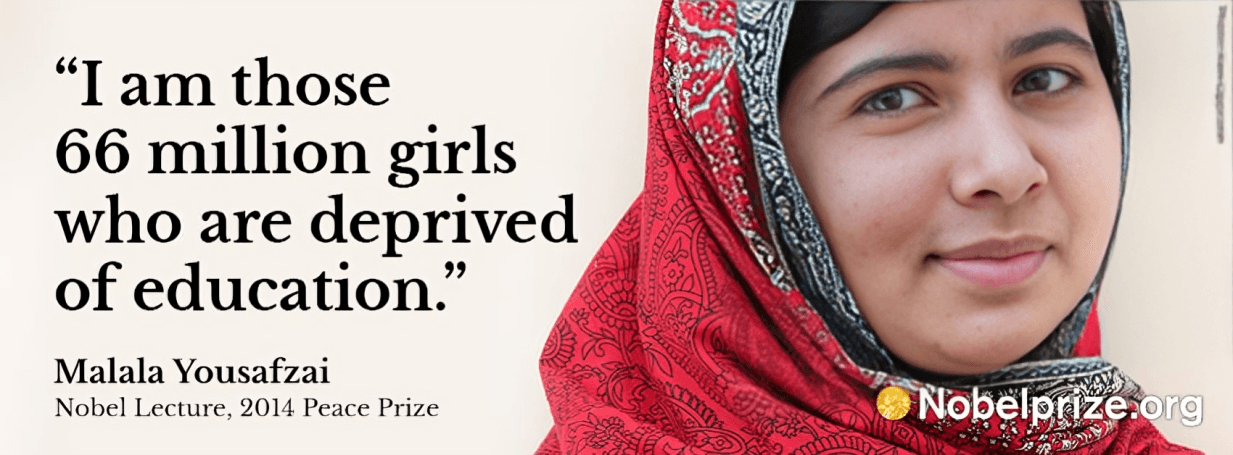
Despite the severe trauma she suffered, Malala's dedication to fighting for girls’ education never faltered. She used her platform to inspire hope and promote global change for girls worldwide.
On her birthday, July 12, Malala Day is celebrated around the world to highlight the educational challenges girls face in conflict regions, raising awareness of their right to an education. 11
Malala has received numerous accolades, including honorary Canadian citizenship, recognizing her commitment to promoting girls' education and her impact on global human rights initiatives. 12
Malala’s memoir I Am Malala tells the story of her life, her fight for education, and her recovery from the attack, which serves as an inspiration for others to champion education. 13
She has spoken at prominent international forums, including the United Nations, where she has delivered powerful messages to global leaders about the need for greater focus on girls' education. 14
In the Friends reunion, Malala made a fun, lighthearted appearance, showing her human side and giving a glimpse of her personal interests, like her love for the beloved TV show. 15

After surviving the attack, Malala continued to receive medical care in the UK, where she resumed her education and became an even stronger advocate for girls' education worldwide.
Through her activism, Malala has influenced policies and helped initiate important changes in various governments, prompting increased efforts to provide education for girls in underserved regions. 16
Malala’s legacy is carried forward through schools, museums, and public initiatives that honor her advocacy. Her work continues to inspire those fighting for justice, equality, and access to education. 17

